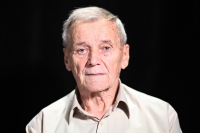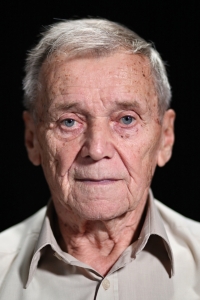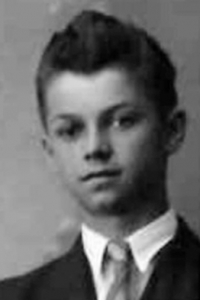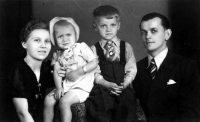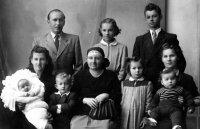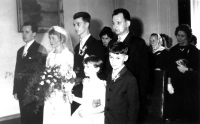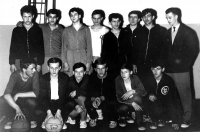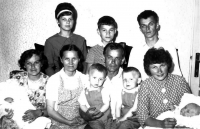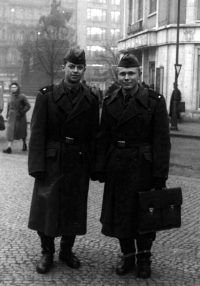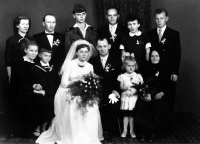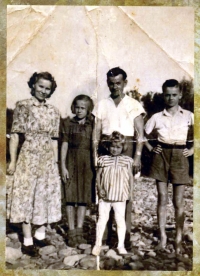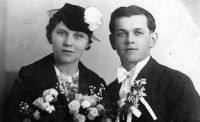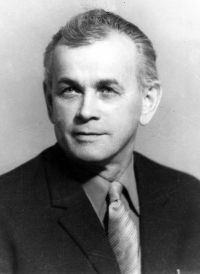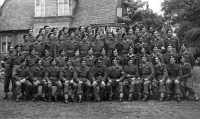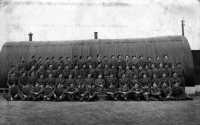I was so proud of my father when he had escaped from a camp in Jáchymov
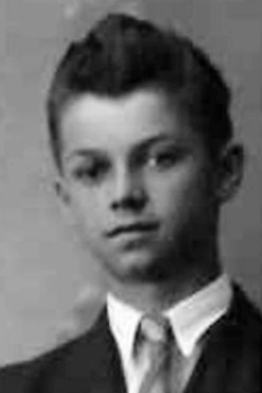
Download image
Adolf Ruš was born on 23 April 1937 in Třinec. He was the eldest of five children of Anna and Adolf Ruš. Adolf Ruš Sr had been working as a carpenter in Třinec Iron and Steel Works. During the Second World War, as Třinec became a part of the Third Reich, he had to serve in the Wehrmacht. In France he deserted and joined the resistance, he made his way to the United Kingdom and joined the Czechoslovak army in exile. In 1951 he was arrested and sentenced to 15 years for treason and espionage in a show trial. In 1955 he managed to dig a tunnel out of the Nikolaj forced labour camp in Jáchymov region with the help of his fellow inmates and managed to escape. He had been apprehended and sentenced to an even longer imprisonment. In 1960 he had been released thanks to a general amnesty. In the meantime, witness’s family had been persecuted by the regime. From the age of 15 Adolf had to do part-time jobs at the Iron and Steel Works to help his mother to sustain the family. He graduated from a business school, yet blue-collar jobs were all he could find. His siblings were not allowed to study. He had been working at the Třinec Iron and Steel Works till his retirement. After the fall of communism, his father, no longer living though, had been rehabilitated by the court.
